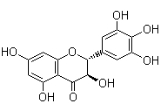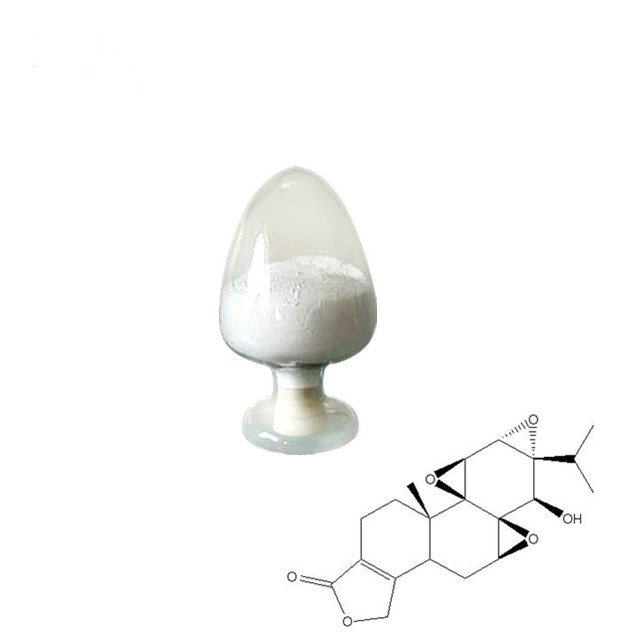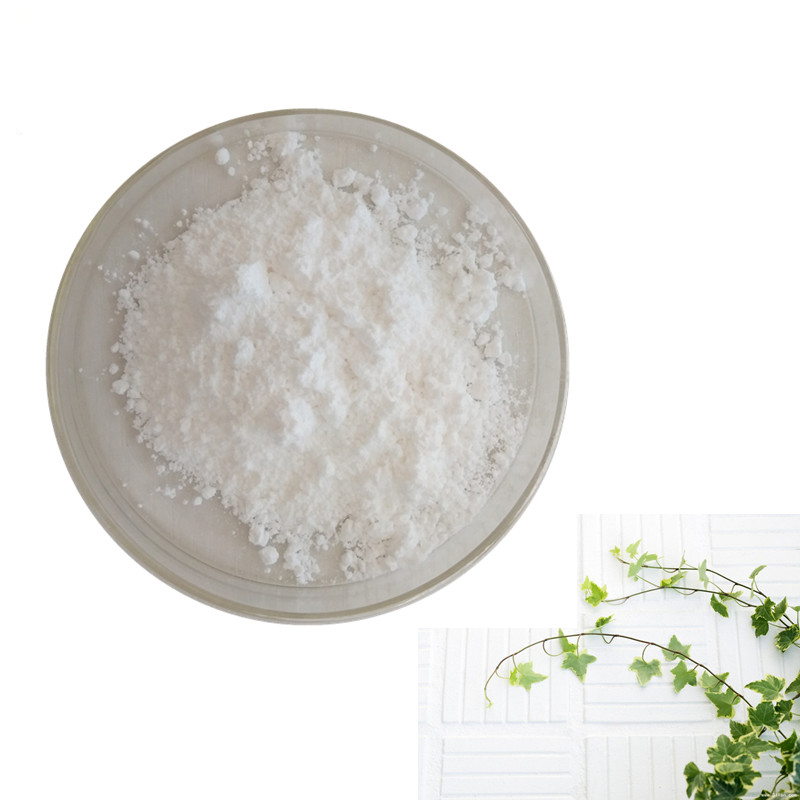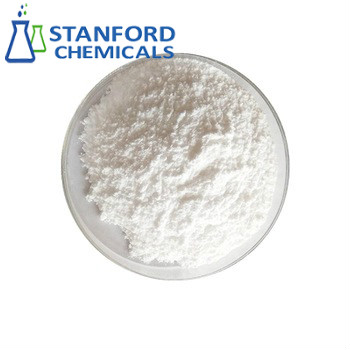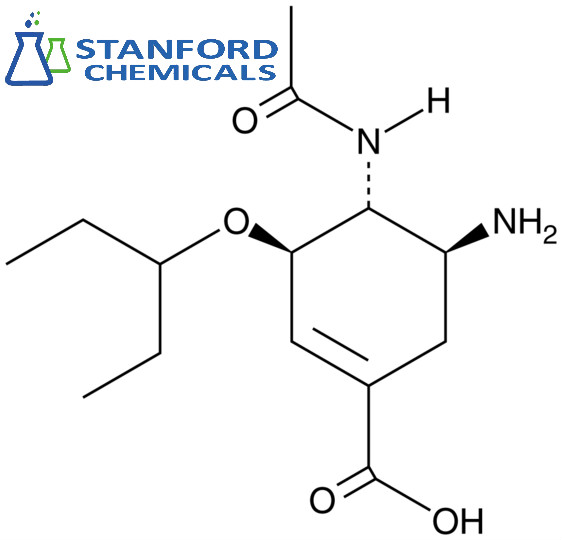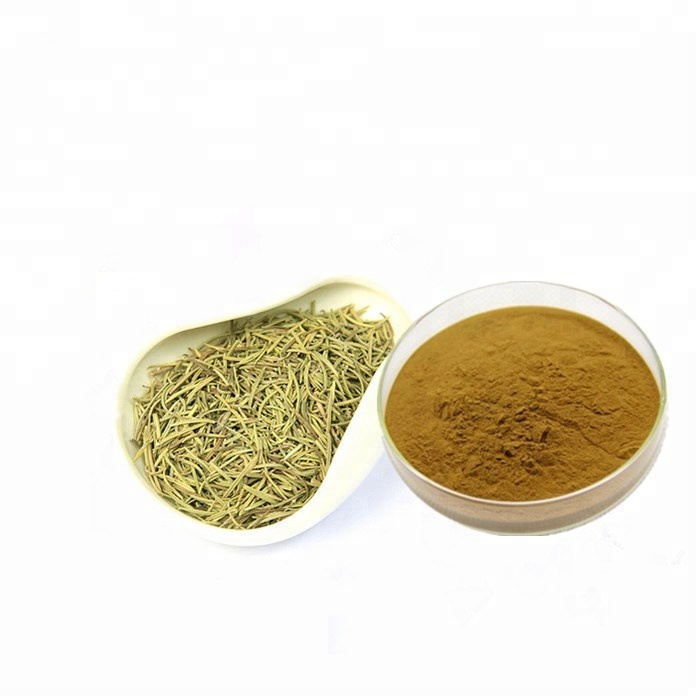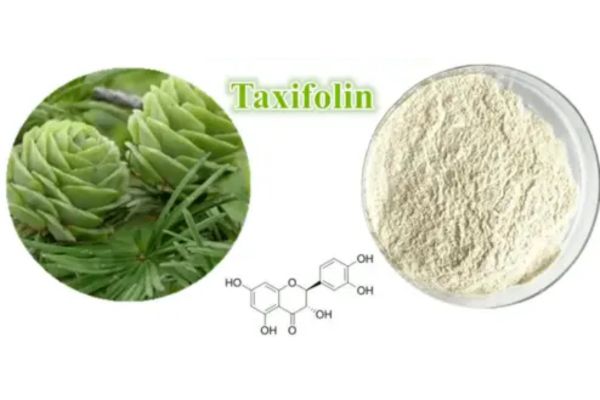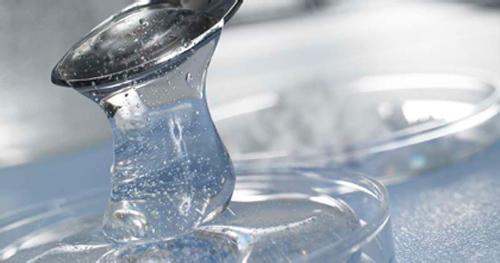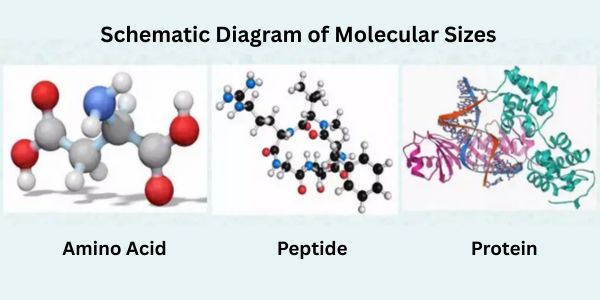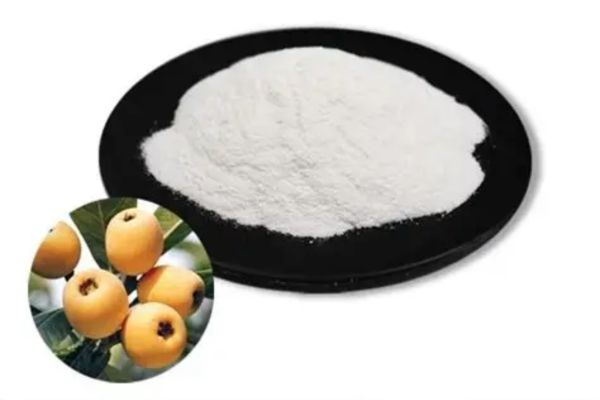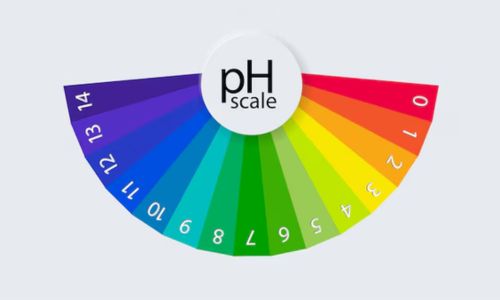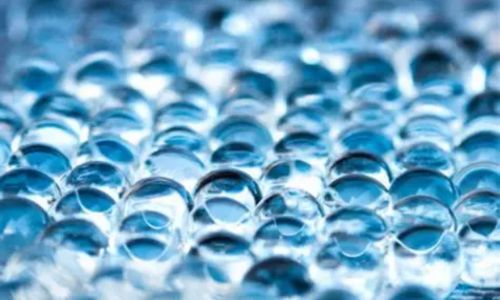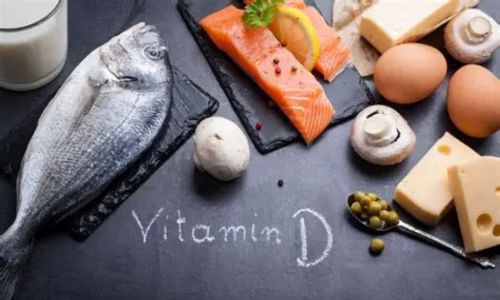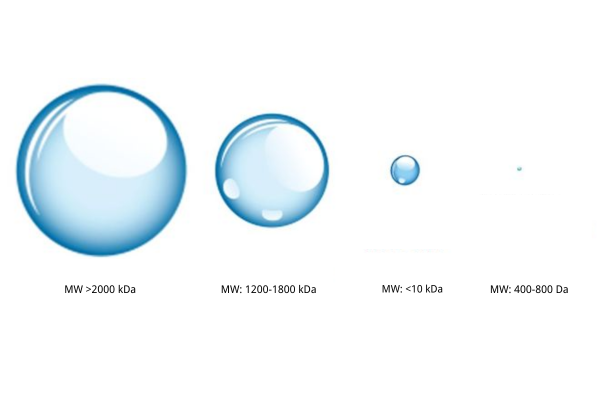Introduction
In the quest for health and longevity, the role of herbal extracts in combating free radicals has garnered significant attention. These naturally occurring molecules, while essential to metabolic processes, can cause oxidative stress when imbalanced. They can lead to cellular damage and a host of chronic diseases. Herbal extracts, rich in antioxidants, offer a potent shield against these harmful agents.
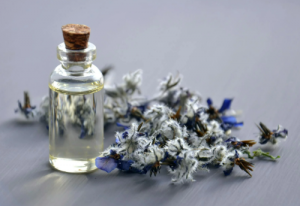
Herbal Extracts
This comprehensive exploration delves into the science behind herbal extracts' protective mechanisms, their most effective forms, and the profound impact they can have on our well-being.
Understanding Free Radicals and Oxidative Stress
Free radicals are unstable atoms or molecules that contain unpaired electrons. So, they are highly reactive with other cellular structures such as DNA, proteins, and cell membranes. While the body's metabolic processes naturally produce them, environmental factors like pollution, radiation, and tobacco smoke can significantly increase their levels. Oxidative stress occurs when there's an imbalance between free radicals and antioxidants in the body. Such stress leads to cell and tissue damage, which is a precursor to aging and diseases, including cancer, cardiovascular diseases, and neurodegenerative disorders.
The Protectors: Herbal Extracts and Their Antioxidant Power
Plants produce an array of phytochemicals to protect themselves against environmental stressors. When extracted and consumed, these phytochemicals—particularly antioxidants—can confer similar protective benefits to humans. Antioxidants neutralize free radicals by donating one of their electrons, thus stabilizing the molecule without becoming destabilized themselves. This section highlights several key herbal extracts known for their potent antioxidant capabilities.
--Green Tea Extract
It comes from the Camellia sinensis plant. Green tea extract is abundant in catechins, especially epigallocatechin gallate (EGCG), a powerful antioxidant. Studies have shown that EGCG can reduce oxidative stress, lower the risk of chronic diseases, and even aid in weight management.
--Turmeric Extract (Curcumin)
Curcumin is the vibrant yellow compound found in turmeric. It has been celebrated for its anti-inflammatory and antioxidant effects. It not only scavenges different forms of free radicals but also boosts the body's own antioxidant enzymes. This extract offers protection against a multitude of diseases.
--Grape Seed Extract
Grape seed extract is rich in oligomeric proanthocyanidins (OPCs). Such compounds are known for their strong antioxidant activity. OPCs have been shown to improve cardiovascular health, support brain function, and enhance skin health by protecting against oxidative damage.
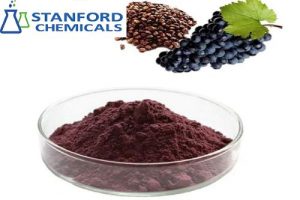
Grape Seed Extract
--Ginkgo Biloba Extract
This ancient herb contains potent flavonoids and terpenoids. These antioxidants can help improve blood circulation and cognitive function by minimizing oxidative stress, particularly within the nervous system.
--Milk Thistle Extract (Silymarin)
Silymarin is extracted from milk thistle seeds. It is particularly effective in protecting the liver from toxins and oxidative damage, thanks to its antioxidant and anti-inflammatory properties.
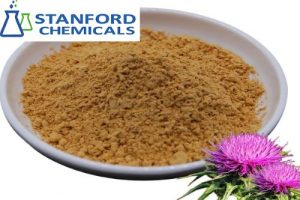
Milk Thistle Extract
Mechanisms of Herbal Extracts against Free Radicals
Herbal extracts have been widely recognized for their antioxidant properties. These features play a crucial role in protecting the body against the damaging effects of free radicals.
1. Direct Scavenging of Free Radicals
Herbal extracts contain a variety of compounds, such as phenolics, flavonoids, tannins, and terpenoids. They can directly interact with free radicals. These interactions neutralize free radicals by donating electrons or hydrogen atoms, effectively stabilizing the reactive molecules and preventing them from causing cellular damage. This direct scavenging activity is the most straightforward mechanism by which herbal extracts counteract oxidative stress.
2. Chelation of Metal Ions
Certain herbal extracts have the ability to bind to metal ions, such as iron and copper, which can catalyze the production of highly reactive hydroxyl radicals through the Fenton reaction. By chelating these metal ions, herbal extracts prevent the catalysis of free radical formation, thereby reducing oxidative stress.
3. Activation of Antioxidant Enzymes
Herbal extracts can also enhance the body's endogenous antioxidant defenses by upregulating the expression of antioxidant enzymes. These enzymes, including superoxide dismutase (SOD), catalase (CAT), and glutathione peroxidase (GPx), play critical roles in detoxifying reactive oxygen species (ROS) and maintaining cellular redox balance. Certain herbal compounds have been shown to activate the nuclear factor erythroid 2-related factor 2 (Nrf2) pathway, which leads to the increased expression of these protective enzymes.
4. Inhibition of Oxidative Enzymes
Some herbal extracts inhibit the activity of enzymes that contribute to the production of free radicals. For example, they can inhibit xanthine oxidase, an enzyme involved in the generation of superoxide radicals, or cyclooxygenase and lipoxygenase, which are involved in the inflammatory process and can indirectly increase oxidative stress.
5. Anti-inflammatory Effects
Chronic inflammation is closely linked to oxidative stress. Herbal extracts can modulate the body's inflammatory response by inhibiting the production of pro-inflammatory cytokines or blocking the activity of enzymes that contribute to inflammation. Therefore, they indirectly reduce the production of free radicals associated with inflammatory processes.
Clinical Applications and the Future of Herbal Antioxidants
The therapeutic potential of herbal extracts in managing and preventing diseases related to oxidative stress is vast. Ongoing research aims to further elucidate their mechanisms, optimize extraction methods, and integrate them into clinical practices. The future of herbal antioxidants looks promising. Potential applications range from dietary supplements to functional foods and even pharmacological agents.
Incorporating Herbal Extracts into Daily Life
Incorporating herbal extracts into one's diet can be an effective strategy for enhancing antioxidant intake. Whether through supplements, teas, or fortified foods, the key is consistency and variety to harness the broad spectrum of benefits these extracts offer.
Conclusion
Herbal extracts represent a powerful tool in fighting against free radicals. As research continues to unlock their full potential, it becomes increasingly clear that these extracts play a crucial role in promoting health, longevity, and disease prevention. Embracing herbal extracts as part of a holistic approach to wellness can help mitigate the impact of oxidative stress and pave the way for a healthier, more vibrant life.
Stanford Chemicals Company (SCC) is a global provider of phytochemicals, pharmaceutical intermediates, catalysts, lab equipment, and various specialty chemicals. SCC possesses 18 years of expertise in herbal extracts. Send us an inquiry if you are interested.


